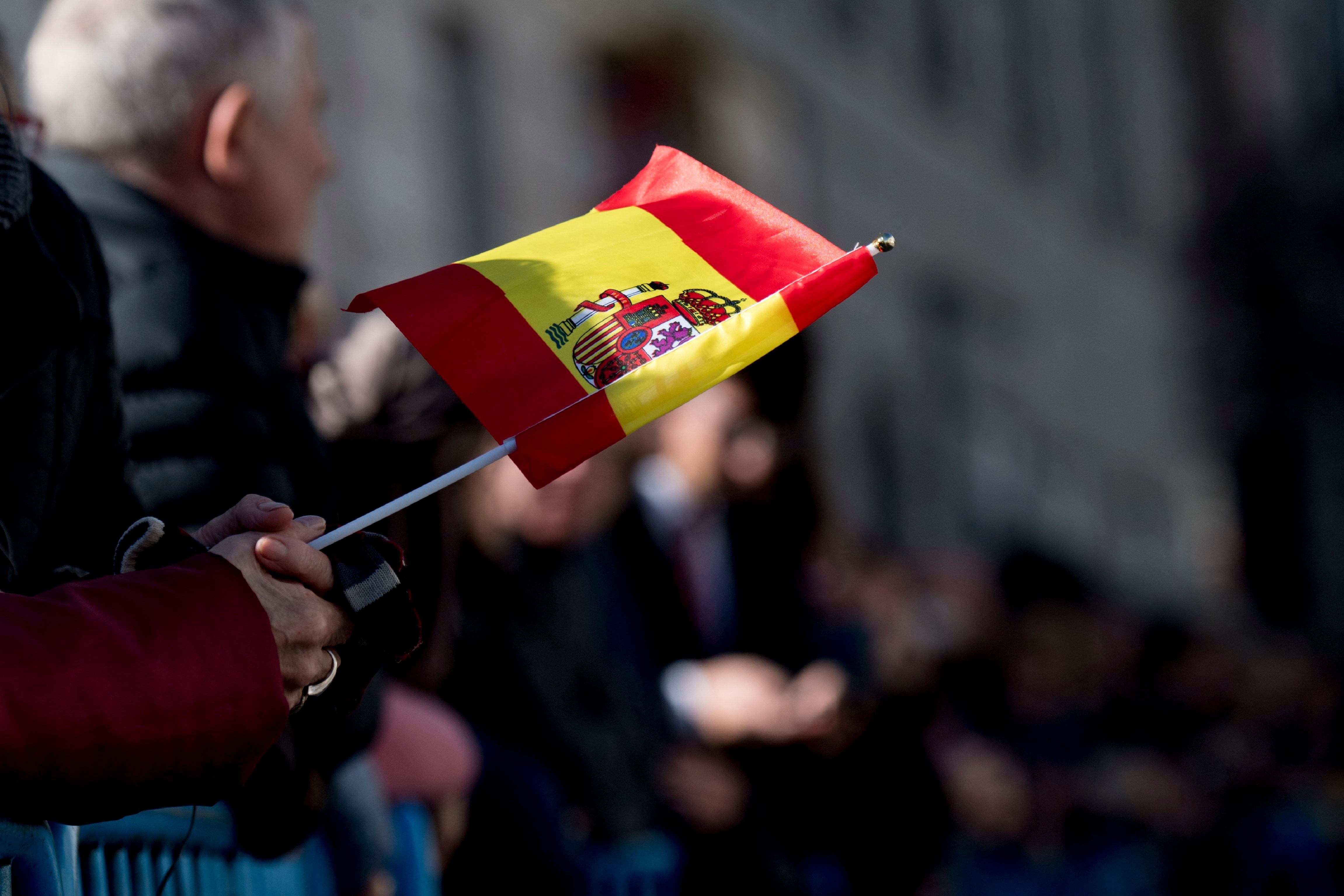
Gabriela, Carmen and Emili are three Bolivians who have lived in Spain for several years, a country that welcomed them but where they cannot get their university degrees approved and that is why they have been forced to work “everything”, also without a contract, to be able to support themselves. .
The three are part of the ‘Bolivian Homologants in Spain’ platform that has just published the report “Qualifications in limbo: the drama of requesting homologation and/or equivalence of Bolivian university degrees in Spain” in which they collect 16 cases of compatriots who They are in the same situation.
Gabriela Frías tells EFE that the document, which they have sent to the Bolivian Embassy in Madrid so that, they hope, they can also send it to the Spanish Ministry of Science, Innovation and Universities, wants to “make visible a reality that, although global” and affects several nationalities, is added to “the prejudices that exist about Bolivian society” in Spain.
Frías has been in Spain for six years, during which she has not been able to practice her profession, psychology, despite having completed two master’s degrees in Spanish territory and finishing her doctorate: ““Nothing is useful to me until my degree is approved or recognized.”
For this reason, he began to go to demonstrations and there he met Emili Yáñez, also a member of ‘Homologantes Bolivianxs en España’ and a graduate in medicine in Bolivia.
In 2021 Emili moved to Spain and began preparing for the Resident Internal Physician (MIR) exam with which Spanish doctors carry out their specialization, but for which she has not yet been able to take it because she does not have the approved title.
“I did not receive a response for two years and then they notified me that my application was incomplete and that the documentation was not properly legalized“Yáñez explains to EFE while specifying that what he discovered later is that Bolivia does not apostille the documents but rather adds an extra page to the total, something that not all countries do, since there are different methods.
The apostille procedure consists of placing on a public document, or an extension thereof, an Apostille or annotation to certify the authenticity of the signature of public documents issued in a signatory country of the XII Hague Convention.
Thus, documents certified by an Apostille issued in a signatory country of the Convention (including Bolivia and Spain) must be recognized in any other signatory country without the need for another type of authentication.
Despite this, neither Gabriela, nor Emili, nor Carmen have been able to homologate their degrees and are still waiting for a solution from the Spanish ministry.
“Sometimes the ministry requires things that you have already presented and a response from the ministry takes four or six months, it is very complicated for us today and then there are the managers and lawyers, who also profit by charging for a service that they themselves can do, that’s why we created this platform to prevent people from being scammed”says Gabriela.
It also happens to Carmen, another Bolivian whose veterinary degree is Cuban and arrived in Spain in 2011 to do a master’s degree and return to her country with it, but in the end she stayed.
She began the homologation process in 2013 and in 2018 she obtained the “conditioned” which implied “take again between three and five years of study in veterinary faculties of Spanish public universities, practically the entire degree”.
For this reason, he decided to dedicate himself to research and put aside his veterinary studies and approval, until he came across a demonstration where he met his two compatriots.
“Something had to be done because we cannot continue like this, my master’s and doctoral degrees from Spain are not useful for competitive examinations, because I do not have an approved degree; We pay for it, I got my doctorate with a national competition, but then it doesn’t work for us”, he narrates.
And, as he laments, “Right now I could be as a permanent staff and not with temporary contracts”: “I have had to do other things, like everyone, everything”.
It may interest you
Source: Gestion
Ricardo is a renowned author and journalist, known for his exceptional writing on top-news stories. He currently works as a writer at the 247 News Agency, where he is known for his ability to deliver breaking news and insightful analysis on the most pressing issues of the day.












